“Every word of the Constitution decides a question between power and liberty,” James Madison The Constitution’s Third Amendment has never been the controlling law in any case decided by the US Supreme Court, and has been of critical importance in only one appellate case[1] in the nation’s history. It is often ignored and in some […]
The Second Amendment: A Personal Natural Right to Keep and Bear Arms
“There seems to us no doubt, on the basis of both text and history, that the Second Amendment conferred an individual right to keep and bear arms.” District of Columbia v. Heller (2008) With those words, Justice Scalia put to rest a debate as to the meaning of the Second Amendment that had persisted for […]
US Constitution’s First Amendment: Right to Petition for Redress of Grievances
The First Amendment of the Bill of Rights addresses five rights. The limits on government interference with religion, speech and the press were the result of the uniquely American experience. The right to peaceable assembly was a needed protection to exercise the first three. The First Amendment’s fifth right will come as a surprise to […]
American Federalism: Source, Purpose and Establishment Part II
Beginning with The Fundamental Orders of Connecticut in 1639,[1] Americans grew increasingly accustomed to local self-government. They also learned the freedom and liberty that came along with a benign distant central government accepting local citizens’ control of local law. Over time, Americans came to live in a world perhaps described as “quasi-federalism”.[2] Among the men who […]
American Federalism: Source, Purpose and Establishment Part I
“The federal and State governments are in fact but different agents and trustees of the people, constituted with different powers, and designed for different purposes.” James Madison The Federalist, No.46 The American freedoms of religion, speech, press and assembly as protected and practiced were new to the world. Those contributions to the world’s political thought were uniquely American. So it is with […]
First Amendment to US Constitution: Right to Peaceable Assembly
The Constitution’s First Amendment contains limits on government interference with very well known unalienable rights: religion, speech and press. The Amendment specifically restricts government interference with an activity necessary to exercise the first three named rights: the need for people to gather to practice religion, to talk about issues and to distribute information. The right […]
First Amendment to the Constitution: Freedom of the Press
Like Freedom of Religion and Freedom of Speech, in the United States the concept of Freedom of the Press as it developed has been uniquely American. Along with free speech for the general population, it is surely the source of what has become known as American Exceptionalism. American Exceptionalism Alexis de Tocqueville originally referred to […]
The First Amendment to the Constitution: Freedom of Speech
The US Constitution’s first ten amendments are called The Bill of Rights. The First Amendment limits the authority of government to enact laws impinging upon the natural rights of the people to practice religion, engage in speech, publish their ideas and assemble together to petition their government. Freedom of religion is the first named freedom. The second named […]
First Amendment to the Constitution: Freedom of Religion
Freedom of Religion is the first of our natural rights acknowledged in the First Amendment and limits government’s power to establish an official religion or interfere with a citizen’s exercise of religion. This is a recognition of freedom of religion, not freedom from religion. The first ten amendments to the US Constitution are referred to […]

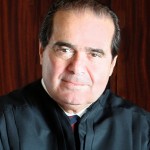
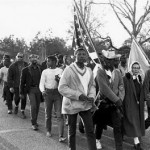
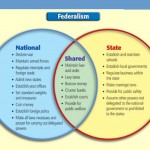
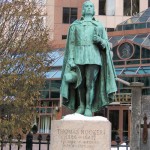
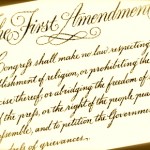
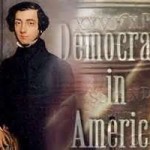
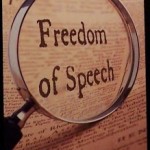
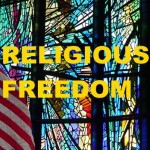






Natural Law and the Legitimate Authority of the United States
Government needs a basis to exercise authority over people. Citizens must accept government authority. A government lacking acceptance of the people over whom it exercises authority will not endure. Such acceptance comes from fear, tradition or philosophy. Dictators obtain authority by instilling fear of disobedience in the populace. A theocracy ordained by God arises from […]